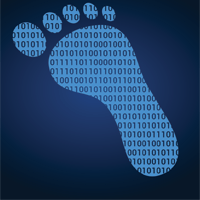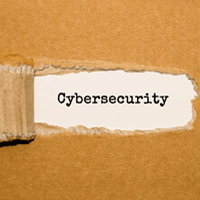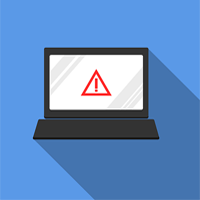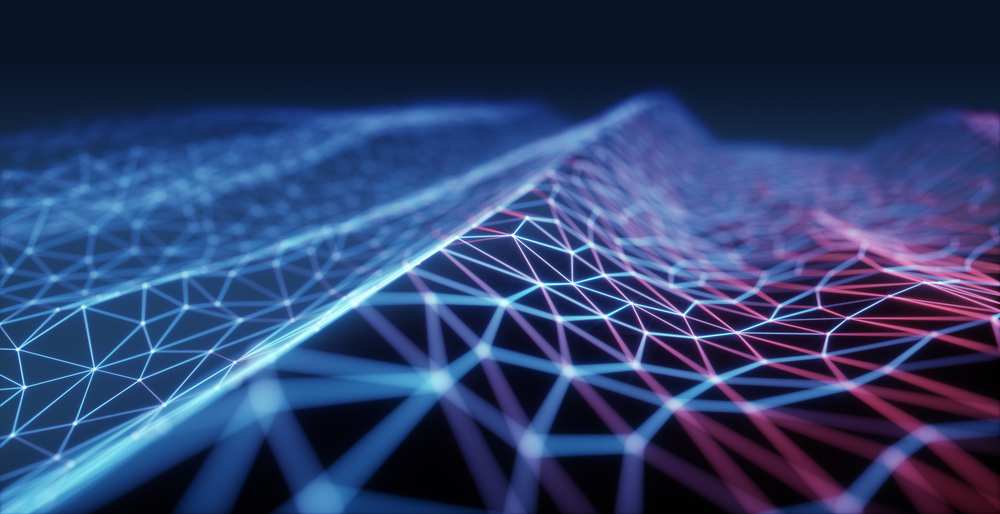Will DDoS Attacks Destroy Internet Freedom?

:: By Diana Zelikman, Fueled
Distributed Denial of Service, or DDoS as it's affectionately called amongst coders and computer aficionados, has become a serious problem recently in a number of communities, both on and offline. Initially employed by the famed hacker Anonymous, DDoS was the technique used to terrorize (read: cause severe and debilitating inconvenience to) government and financial organizations, and trade groups once companies like PayPal and other banking institutions refused to process payments in the wake of the WikiLeaks controversy. But the tables have turned as of February, when the communications intelligence agency, Government Communications Headquarters (GCHQ), in the UK turned the "hacktic" around and used it on Anonymous and other affiliated "hacktivists." The special ops team that used DDos effectively reduced Anonymous' chat room participation by 80 percent, making this no longer a conversation about the efficacy of DDoS. The question becomes, what's next?
Let's first break down the mechanics of the Distributed Denial of Service. In the simplest terms, the virus works like an army of robots. One user gains access through various means to servers, or networks of computers, commonly referred to as zombies. The hacker then uses their zombies to flood the targeted site with traffic and overloads the server, slowing down and occasionally stopping functionality. It seems pretty trivial, but when you take into consideration the numerous amounts of merchant-focused websites, or more importantly, banks and security measures that can also be attached to these networks, then the beast begins to take on a whole new form.
But now the message has been sent that the good guys can use the tools of the bad guys against them, and while that's comforting on its own, what's the status of a fix all, or protection from this attack altogether? The inconvenient truth is that there isn't one key, simple or complex, that would prevent this type of attack entirely. Due to the fact that DDoS works as a sort of false traffic, there's no real way to entirely eliminate the risk as the purpose of all websites is to draw traffic. This brings up another controversial question, would this be an acceptable situation to implement the monitoring or regulation of websites, servers and the Internet in general? Not just for DDoS prevention, but we're reaching the golden age of hacking. To help put things into perspective, DDoS is a service that you can now find online and essentially put a hit out on a person or organization. While the threats and fallouts have only been arguably significant, it's not far-fetched to see a future where Internet usage isn't as safe and carefree as it is today. Whether or not that time is an inevitability remains to be seen, and the likelihood of the U.S. going the way of policing the Internet a la other foreign governments is definitely slim. However, in order for the Internet to remain as powerful as it is, the need to stay one step ahead of the Anonymous' of the world who grow increasingly stronger.
Diana Zelikman is an editor at Fueled, the leading iPhone app builder in New York City, renowned for its award winning mobile design and strategy.








